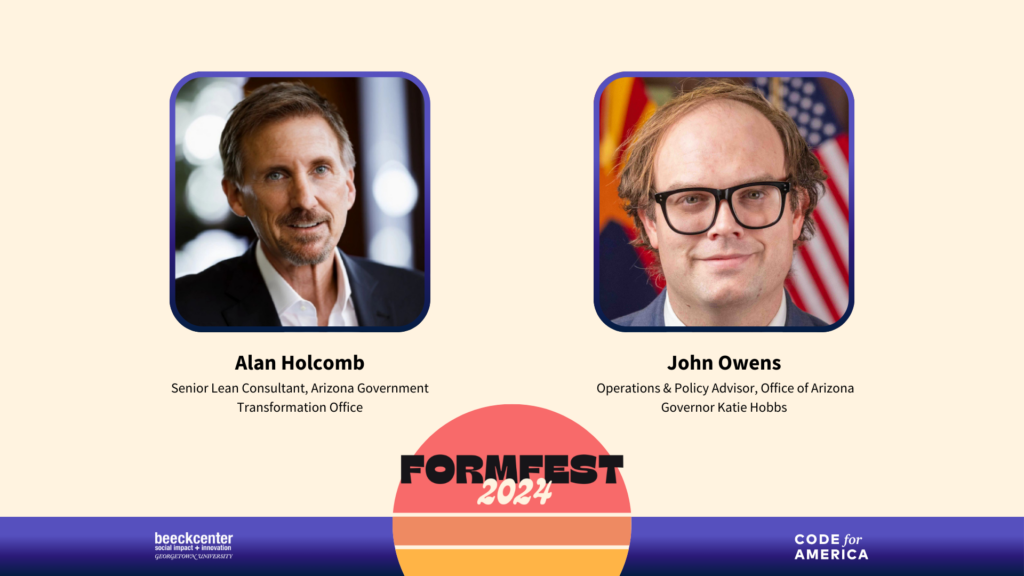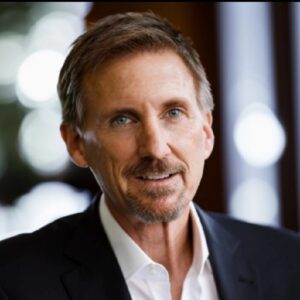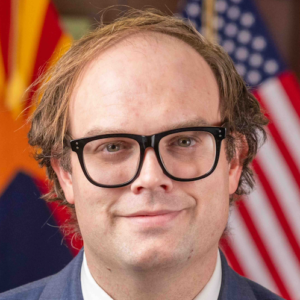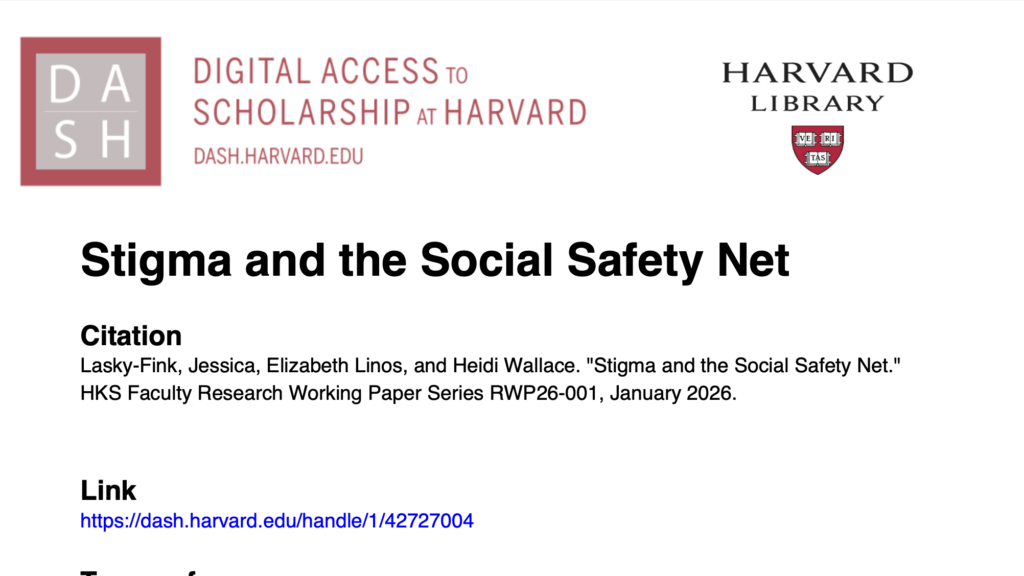A Full-On Form Frenzy: A FormFest 2024 Profile
A profile on FormFest speakers Alan Holcomb and John Ownes, featuring stories about their motivations for working on public sector form innovation.

Alan Holcomb and John Owens: A full-on form frenzy
Early this year, 34 of Arizona’s state agencies embarked on a challenge: To improve at least one feature (any feature) on one form (any form) within 90 days. The initiative, dubbed Form Frenzy, was designed with two goals in mind: To actually improve government forms, and to create momentum that would allow agency leaders to carry that work forward to other areas. Working together across their departments, Alan Holcomb and John Owens shepherded the agencies through the process, overseeing a total of 433 improvements across 34 forms.

Alan Holcomb: Leaning in to transformation
Form Frenzy was part of Arizona Gov. Katie Hobbs’ larger goal of building a people-centered government, so it began, and ended, with people — both the public servants who process the forms, and the constituents who fill them out. Which meant that it was also, from the start, a logistical challenge.
Fortunately, logistical challenges are kind of Alan Holcomb’s thing. A senior lean coach with Arizona’s Government Transformation Office, Alan’s work focuses entirely on coaching teams and building relationships to help usher in positive changes. He led the Form Frenzy effort through that framework, creating a training module that included regular hourlong forums where agency leaders could offer ideas, discuss challenges and share successes. Rather than dictate a step-by-step process for agencies to follow, Alan trusted administrators to do what worked best for their teams under a broad set of guiding principles. The only hard-and-fast rules: Make a form work better, and do it in 90 days or less.
“There was intention in getting something started that wouldn’t drag on for months,” he said. “The emphasis was to go after smaller improvements, because aggregating those small improvements results in a big improvement.”
The resulting changes run the gamut, from the removal of duplicate questions to combining multiple complex forms into a single document. One agency digitized a paper form that had, until this year, only been submitted by mail. (With a stamp. By the United States Postal Service.) In many cases, employees already had ideas for improvement; they just needed the opportunity to enact them.
It wasn’t easy, necessarily. But it was doable—and it was worth it.
“It does take a tremendous amount of time, but it isn’t impossible,” Alan said. “Agencies have a role, and their own cultures, and they don’t necessarily cross each other’s paths. But we were still able to do this, and to do it successfully.”

John Owens: For historical context
For most kids, civic engagement is a social studies lesson. For John Owens, it was a way of life. Raised by public servants, John grew up contributing to his communities, from working on the school newspaper and running for student government to serving on city boards and pitching in at nonprofits. The work is inherently rewarding—what’s better than overcoming challenges to make things function better? But for John, it’s also about being a small part of a big history.
“So much of what we do now, whether it’s simplifying forms or addressing societal challenges or just trying to get from place to place, is based on the decisions of those that came before us,” he said. “The circumstances that led to those decisions show up in the places we inhabit, and that history can provide valuable context for the work we do.”
That curiosity is crucial in John’s role as operations and policy advisor to Arizona Gov. Katie Hobbs, where he works on a broad portfolio of issues, including AI and technology usage, employment dynamics and the future of government work, and statewide performance measures. Before joining the administration in 2023, John worked in other parts of the public sector, leading downtown redevelopment efforts for the city of Chandler and analyzing research for the Greater Phoenix Economic Council. His first foray into service delivery came earlier, during an internship for a Louisiana mayor who noted that nothing gets constituents riled up more than a pothole in their neighborhood. Forms are sort of like that, in that the bad ones can drive people nuts, John thought—but you’re less likely to hear about them, so the impetus for improvement has to come from government itself.
John helped drive that improvement during Form Frenzy, working regularly with Alan Holcomb to help stakeholders coalesce around a shared set of expectations and maintain consistent communication about progress or hurdles. That work continues today, via a new statewide metric that allows the administration to track progress at the micro level. The streamlined forms will play a crucial role in an upcoming initiative focused on digital accessibility—Digital Dash—slated to debut in January.
FormFest Session Abstract & Details
Scaling Form Improvements in State Government
Breakout Session | December 4, 2024 | 12:50 PM-1:50 PMET
This session features Arizona’s form improvement capacity building initiative and Massachusetts’ form improvements that were a result of the Delivering a Digital-First Public Experience act.
Form frenzy: How the State of Arizona launched its first statewide form improvement initiative
Alan Holcomb, John Owens
In February 2024, the State of Arizona embarked on an initiative challenging 34 agencies to improve one or more forms in 90 days. This session shares how we planned, organized, and managed this large endeavor, and the positive impact that resulted from our efforts. We will share our successes and challenges, as well as how we engaged our colleagues across agencies, building deep agency capacity so this effort can continue far into the future.
FormFest 2024
FormFest is a free virtual event showcasing governments working to make services accessible to everyone through online forms. Discover best practices and tools that are shaping the future of form design and service delivery.


